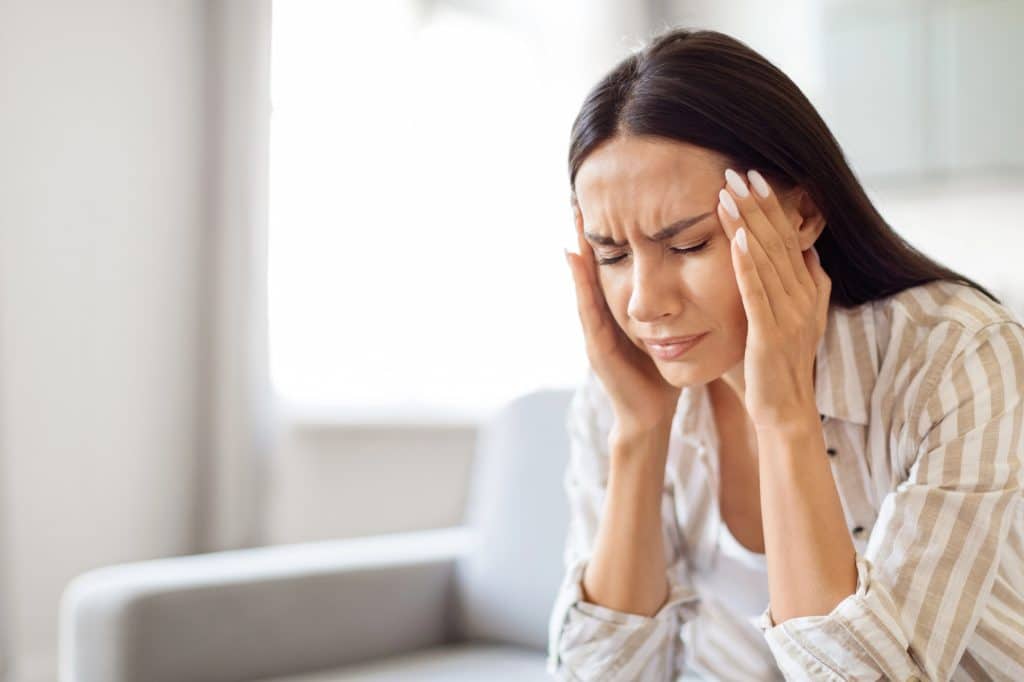Migraine with aura is a complex neurological condition that affects the quality of life for millions worldwide. Unlike regular migraine, this type is characterized by distinctive visual or sensory phenomena that appear before or during the headache. In this chapter, we will examine the unique features of migraine with aura, explore its symptoms, review potential triggers, and outline different approaches to coping with it.
What Is Migraine with Aura?
Migraine with aura accounts for about 25% of all migraine cases and is considered a distinct subtype. The term “aura” refers to a group of temporary neurological symptoms that develop gradually and typically last between 5 and 60 minutes. These symptoms occur before the headache itself or during the attack, and sometimes even replace it entirely.
Aura symptoms may include bright spots, zigzag lines, flashes of light, or temporary blind spots in the visual field. In addition, some people experience tingling or weakness spreading across the face and limbs, and in certain cases, speech disturbances or difficulty concentrating.
Causes of Migraine with Aura
Research suggests that genetic sensitivity plays a role, along with hormonal changes, stress, sleep disruptions, exposure to strong light, loud noises, or specific foods that may act as triggers for an attack.
Approaches to Coping with Migraine with Aura
Traditional approaches often include medications such as triptans or pain relievers, combined with lifestyle adjustments and avoidance of known triggers. At the same time, many people look for complementary, non-drug solutions.
In this context, the 4Gates device was developed – an innovative technology based on the simultaneous stimulation of multiple trigger points in the body. The system works in a non-invasive way, using advanced technology that activates natural body mechanisms linked to the release of substances such as endorphins. Users have reported a greater sense of relaxation and reduced tension when using it.
The device is manufactured in Israel in accordance with strict CE safety and quality standards, combining scientific knowledge with non-invasive methods inspired by fields such as physiotherapy and complementary practices.
Conclusion
Migraine with aura is a complex condition that often requires diverse coping strategies. Alongside pharmaceutical options, there are also complementary approaches that may help improve quality of life. The 4Gates device provides a non-invasive technological option, designed for home use, contributing to a sense of balance and relaxation in daily life.

